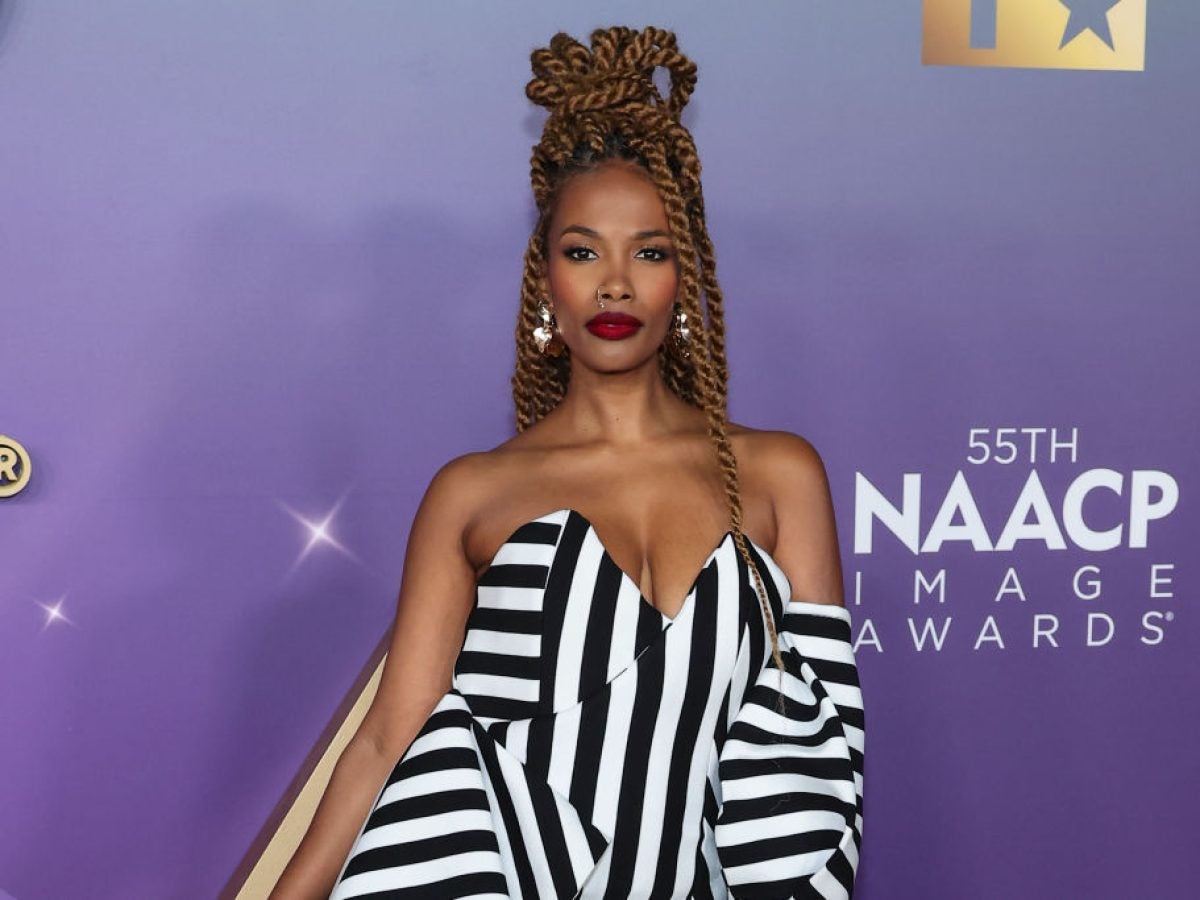
When cherished Black-owned brands like Mielle Organics and The Honey Pot sell to multinational conglomerates, controversy inevitably ensues. There is often a sense of betrayal among loyal customers who resent their ‘selling out.’ Whether that reaction is justified is another matter.
But, for those who discover brands early on; whose consistent purchases, crowdfunding contributions, and word-of-mouth endorsements contribute to a growing buzz, the resulting sense of pride and ownership is, perhaps, fair.
The connection between Black consumers and their beloved brands is profound. A 2023 Nielsen consumer report revealed that Black consumers spent a staggering $8 billion on Black-owned beauty products, surpassing overall market growth. Even amid inflation, Black shoppers go out of their way to seek out direct-to-consumer merchants, even embracing smaller, lesser-known brands. Whether on platforms like Etsy and Instagram or the aisles of prominent retailers including Sephora and Ulta, Black consumers are actively and deliberately championing products crafted for and by us. For ‘day-ones,’ that loyalty extends beyond mere consumerism; it’s tied to a sense of identity and pride. In a capitalistic system where prosperity means power, it’s a collective investment in generational wealth.
It’s understandable, then, when consumers are disheartened by black-owned beauty brands like Carol’s Daughter, now owned by L’Oréal and Sundial Brands, actively seek buyouts. For many, the notion of their favorite brand selling its soulful identity to a faceless corporate entity is a violation akin to gentrification, only self imposed.
Many loyalists resent when their favorite brands ‘sell out,’ but is it fair? Is it fair for consumers to vilify Black brand owners for securing the bag? Is it reasonable to subject them to such intense pressure? Melissa Butler, founder and CEO of The Lip Bar, doesn’t believe so.
Melissa Butler Takes On ‘The Sell Out Myth’
Butler, a millennial business icon, embarked on her entrepreneurial journey to address a gap in the beauty industry. What resulted was the creation of a cruelty-free, vegan, and vibrantly pigmented lipstick brand. The Lip Bar specializes in soft, non-cakey formulations with a flattering finish.
In the twelve years since its launch, The Lip Bar’s value has risen from $27,000 in year one to $15 million in 2024. Today, you can find it everywhere. As a panelist at the Amazon Black Business Accelerator and Boss Women Media Founders’ Breakfast in Dallas, Butler provided invaluable insights on the ‘sell out’ conversation, before a room packed with Black women entrepreneurs.
Who’s Going To Buy Me Boo?
“We always talk about wanting to build generational wealth, but there aren’t any Black-owned conglomerates to come and buy our companies. That’s just the reality. So, if you’re The Honey Pot and you’re doing over $100 million in revenue every year, who’s going to buy it?” she rhetorically asked.
Addressing a common question in debate, Butler challenged, “‘Well, why does it have to be sold at all?’ Because you want all of your hard work to mean something. You put your blood, sweat, and tears into it every day for an eventual payoff. But that payoff never happens if you don’t get a liquidity event,” she said.
Black Ownership Is, Indeed Vital
It’s a nuanced conversation to be sure. Butler understands the need for maintaining Black ownership, and her advocacy for inclusivity goes beyond mere talk.
Her microfund, Bawse Ventures, offers financial backing and mentorship to empower diverse founders to build, grow, and scale. But the financial fruits of that labor are meant to pay off.
Profit Rich and Cash Poor
Butler went on to dispel misconceptions about Black wealth. “As much as you might think Melissa Butler of the Lip Bar is wealthy, that is only true on paper. When you look at Black founders and see all of the headlines and stories [on their net worth and success], you should know that their actual physical wealth is tied up in their equity. So they don’t ever actually get to experience that wealth. They don’t get to pour that wealth into their community or use it to care for their families unless they get a liquidity event, which means selling the company,” she explained.
It’s a perspective often omitted from these conversations, and one Butler challenged the audience to consider, “When people are arguing in the chat rooms and on the community pages [about Black-owned brands “selling out”], I want us to think about that.”
Points were made.
Consumer Dreams vs. Founder Realities
It is, perhaps, unreasonable to lay the weight of consumers’ expectations at any given owner’s feet or confine them to a continuously challenging startup phase. On the other hand, the passion, loyalty, and collective sense of ownership that is welcomed to propel brands mainstream, is equally valid when consumers feel betrayed. Customers are justified in keeping that same energy on the backend.
It’s a complex dynamic to be sure. Yet, amid opposing perspectives, a distinct reality comes to light. A self-perpetuating cycle emerges when successful Black-owned businesses consistently opt for acquisition after reaching a certain level of success. A cycle that obstructs the establishment of enduring Black-owned conglomerates and impedes the substantial recycling of Black wealth — and we’re not talking about the isolated affluence of a handful of billionaires, but the kind of prosperity that embeds into systems, influences politics, and effectively lobbies for institutional change. The type of communal power that empowers demands rather than requests for equity.
It’s deep. Admittedly, too deep to project on the founders of lipsticks, lotions, and creams. Butler illuminates a valid and often overlooked perspective — something to ponder ahead of the next timeline-grabbing headline of a beloved Black-owned brand, supposedly “selling out.”